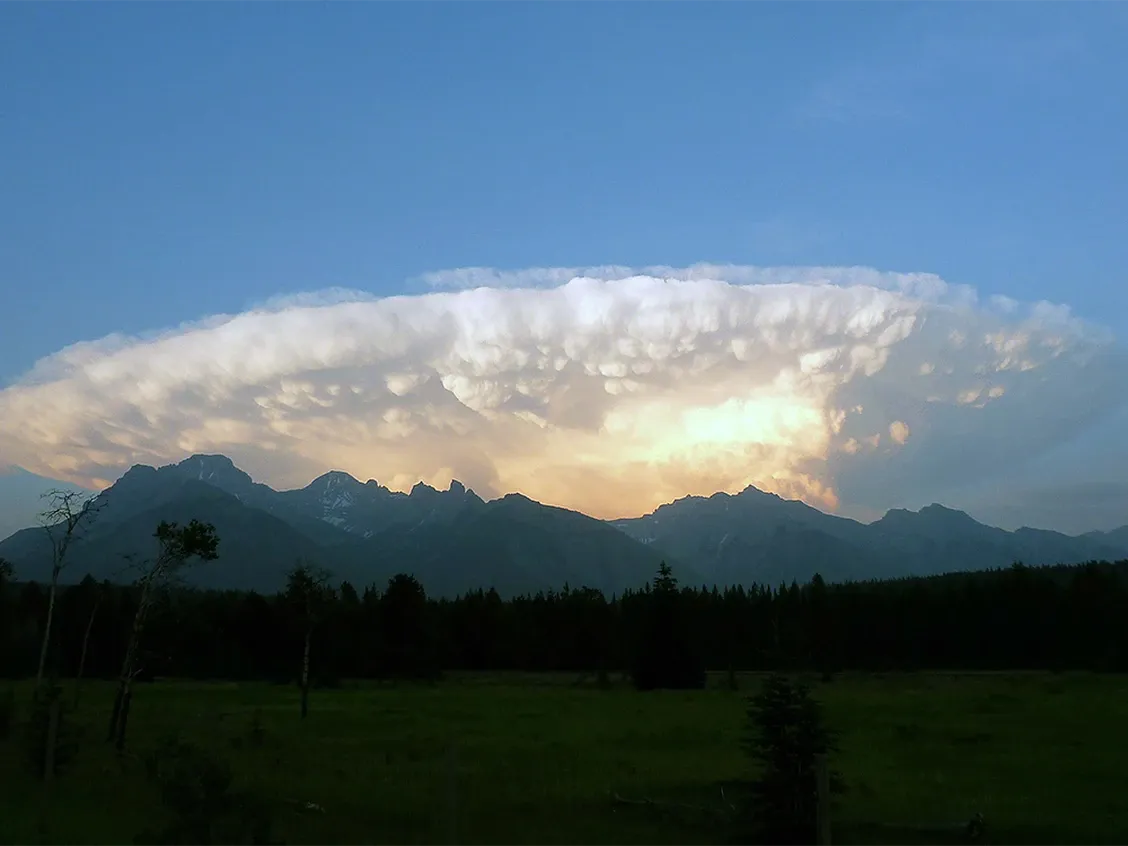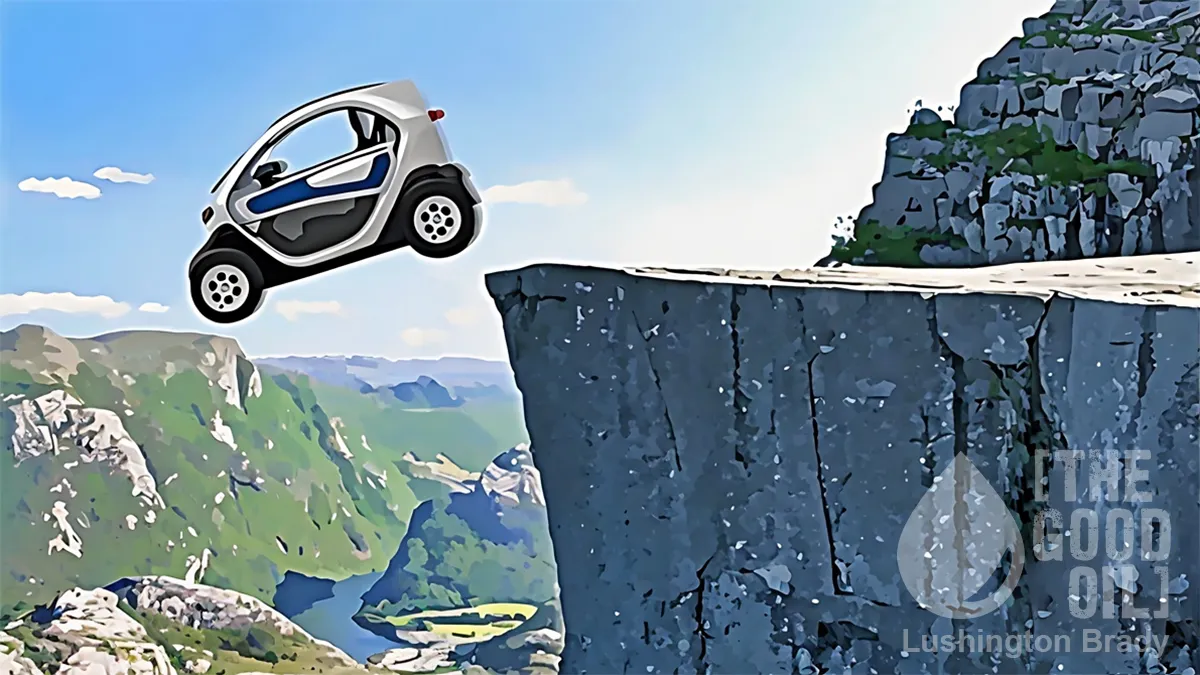Table of Contents
Duggan Flanakin
Duggan Flanakin is a senior policy analyst with the Committee for a Constructive Tomorrow. A former senior fellow with the Texas Public Policy Foundation, Mr Flanakin authored definitive works on the creation of the Texas Commission on Environmental Quality and on environmental education in Texas. A brief history of his multifaceted career appears in his book, Infinite Galaxies: Poems from the Dugout.
The jet-setters gathered in Dubai have been hit with blow after blow of bad election news.
It is clear that ‘global warming’ (now ‘climate change’) has from the beginning been a smokescreen for replacing free market capitalism and, with it, human freedom and prosperity – even the freedom of nations and individuals to choose their own destinies.
Nobel laureate Milton Friedman summed it up in chapter one of his seminal book, Capitalism and Freedom:
Economic arrangements play a dual role in the promotion of a free society. On the one hand, freedom in economic arrangements is itself a component of freedom broadly understood, so economic freedom is an end in itself. In the second place, economic freedom is also an indispensable means toward the achievement of political freedom.
At the 1992 Rio Summit, Sen Tim Wirth echoed the need to “offer up scary scenarios” (as climate propagandist Stephen Schneider infamously said) in admitting, “We have got to ride the global warming issue. Even if the theory of global warming is wrong, we will be doing the right thing in terms of economic policy and environmental policy.”
Al Gore, in his 1992 book, Earth in the Balance, crowed that, “We must make the rescue of the environment [updated in 2021 to ‘decarbonization’] the ‘central organizing principle’ for civilization.” And the much-celebrated Mikhail Gorbachev in 1996 spilled the beans, stating, “The threat of environmental crisis will be the international disaster key to unlock the New World Order.”
This vision of a “new world order” is definitely not what President George H W Bush envisioned, one in which “the principles of justice and fair play … protect the weak against the strong … a world in which freedom and respect for human rights find a home among all nations.”
Nor is it what IPCC official Ottmar Edenhofer warbled in 2010: “One has to free oneself from the illusion that international climate policy is environmental policy. Instead, climate change policy is about how we redistribute de facto the world’s wealth.”
Well, technically Edenhofer was right. The institution of global governance will surely “redistribute” the world’s wealth – from the poor and middle class to the rich.
Want evidence? The great majority using subsidies or rebates to buy electric vehicles earn over $100,000 a year. The reason is obvious: poor and middle-income people cannot afford (or have a garage for) personal EV charging stations; EV insurance rates are through the roof in many countries; and most people cannot afford long waits for repairs.
Socialist Hugo Chavez once claimed that socialism was “the way to save the planet; capitalism is the road to hell.” Venezuela’s GDP per capita rose during Chavez’ reign, but under his successor Nicolas Maduro, GDP per capita dropped from $12,688 in 2013 to just $2,624 in 2019. The BBC reported in 2021 that three-fourths of the nation’s people were living in “extreme poverty.”
Contrary to the massive weight of historical evidence, they tell us that socialism is more benevolent and more equitable than free-market capitalism.
The late Charles Krauthammer in October 2009, in a speech entitled, “Decline Is a Choice: The New Liberalism and the End of American Ascendancy,” warned that President Obama and the ultraliberal leadership of Congress were pursuing policies that, as Peter Ferrara put it, “will by design produce major declines in he standard of living of the American people.”
Many say the Biden Administration is more of the same – in spades. And in Dubai, the billionaires and their hired (or brainwashed?) disciples clamor for greater reductions in energy production, cutbacks on meat production (in favor of billionaire-owned fake meat and crickets), and other ‘sacrifices’ by the hoi polloi that they will never make themselves. George Soros even boasted that, “I fancied myself as some kind of god.”
But, as in the movies, a funny thing happened on the way to the Forum.
Here and there, nations and people began throwing out socialist leaders in favor of Giorgia Meloni in Italy (whose election opened up a crack in the Net Zero unity), Christopher Luxon in New Zealand, and Javier Milei in Argentina. Even Geert Wilders was the highest vote getter in the Dutch elections. Even Justin Trudeau’s reign in Canada is under serious threat.
The would-be dictators and their minions in the media and ‘public service’ are not happy, and their dismay (and panic?) is being reflected in Dubai and in the media.
Christiana Figueres, the architect of the Paris climate agreement said, “We have to keep the outrage really high because we are so darn late.” In an interview with Al Jazeera, Figueres added, “I thought fossil fuel firms could change. I was wrong.”
True. She was wrong – to think companies don’t respond to demand. Or to think that people would voluntarily give up the freedom that gasoline has long afforded them. She was wrong to think major sacrifices by Westerners would prod China, India, and African nations into eschewing fossil fuels their people know ‘fueled’ the West’s rise to prosperity.
The natives are restless – and freedom is worth fighting for.









